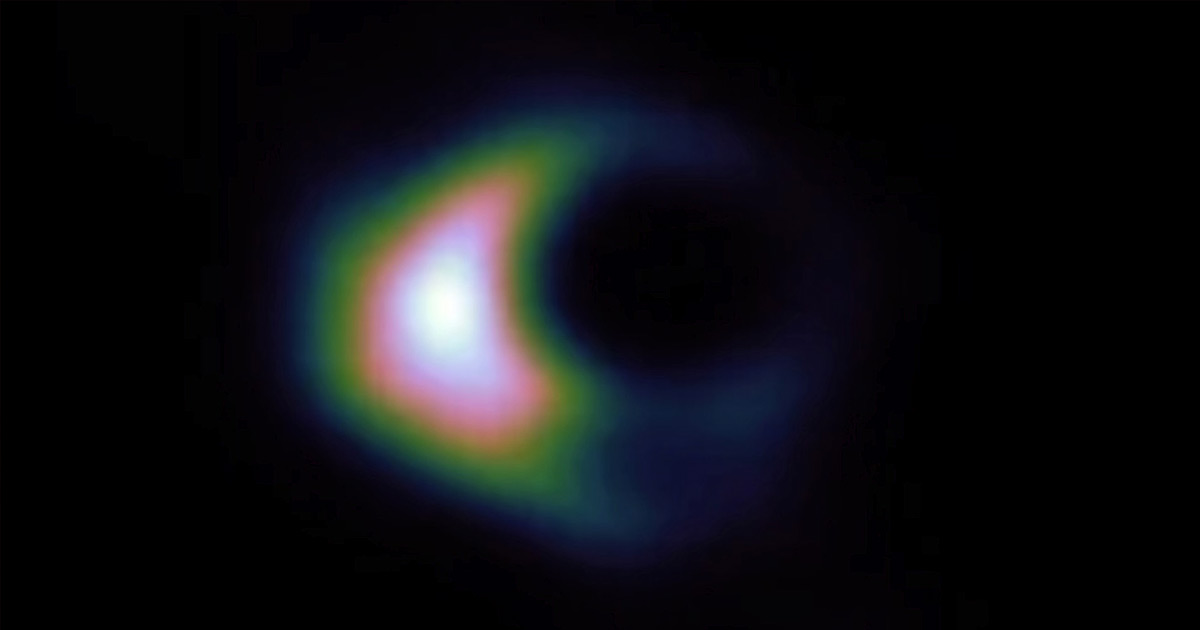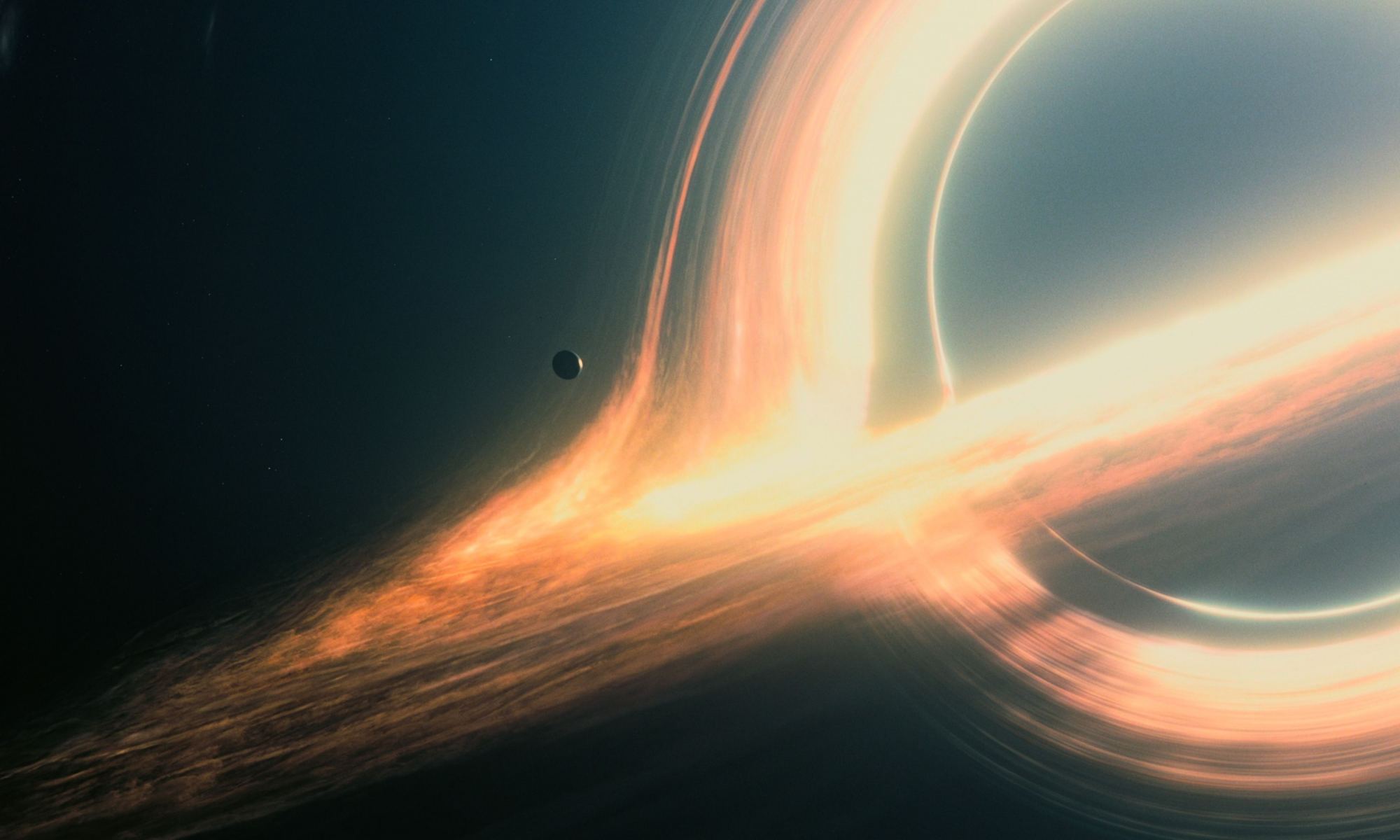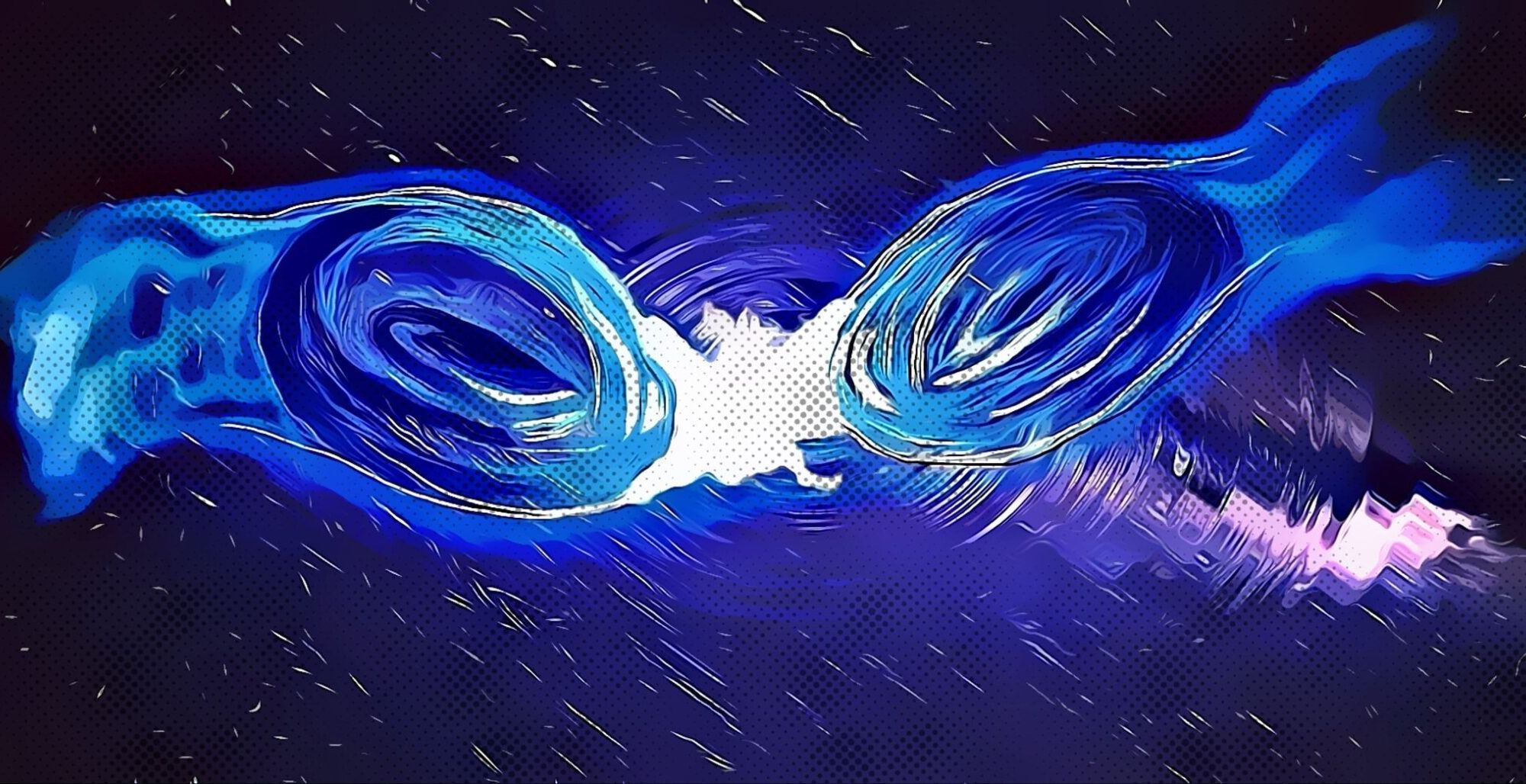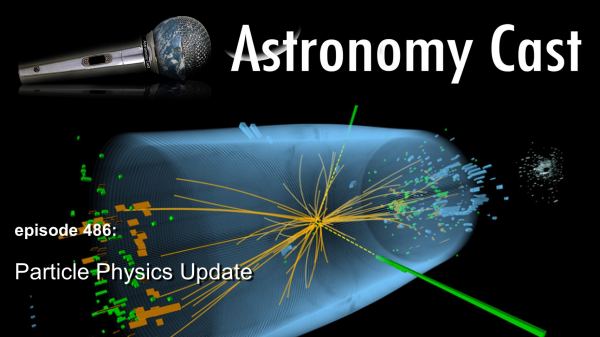Within general relativity, black holes are easy to define. They are objects with an event horizon. This horizon is like a line in the sand, where anything crossing it is forever trapped within the black hole. Quantum theory might allow for energy to escape through Hawking radiation, but classical black holes are a one-way trip.
Continue reading “Is This a Black Hole or a New Type of Star?”Weird! Measurement of W Boson Doesn’t Match Standard Model of Physics
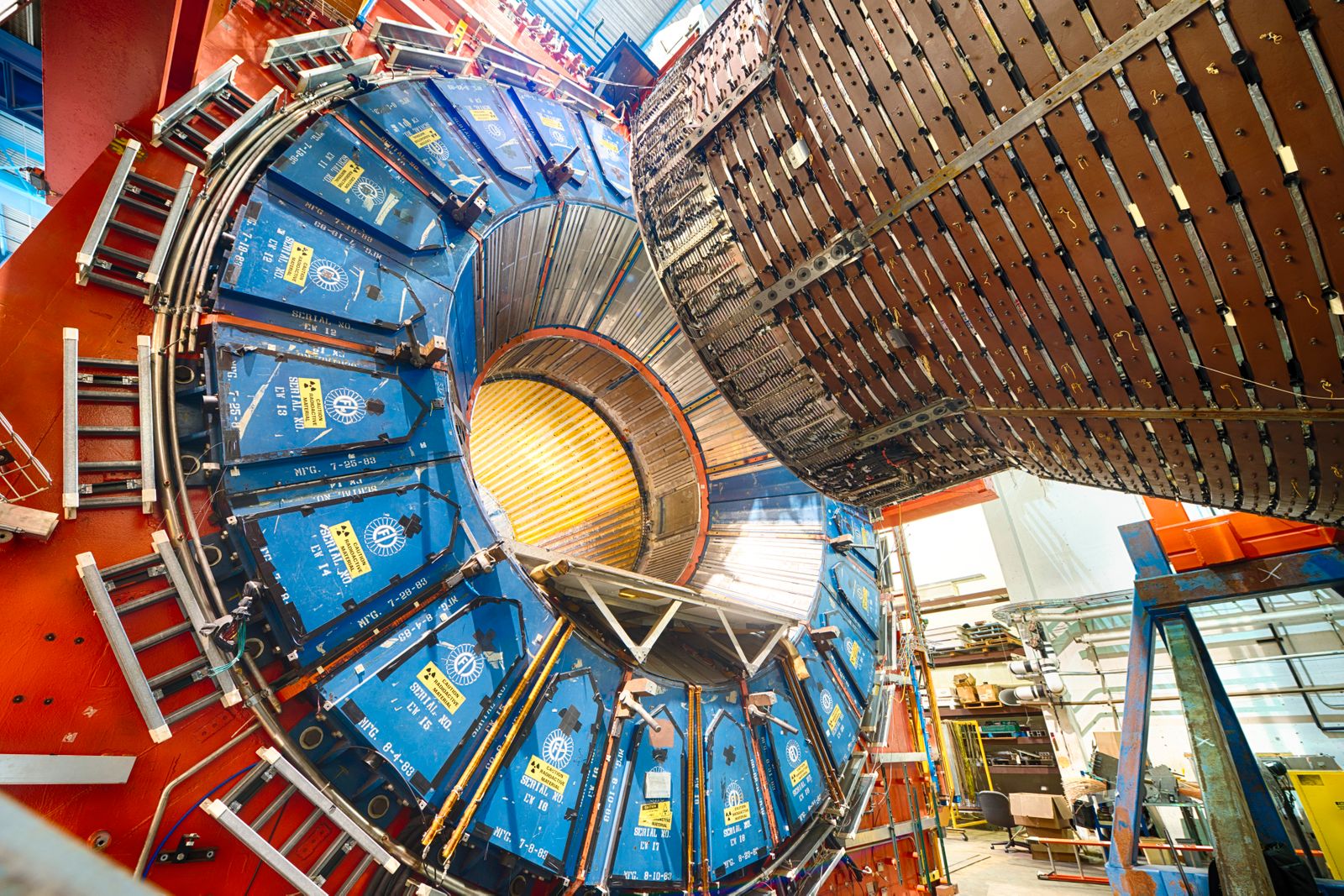
A decade ago, physicists wondered whether the discovery of the Higgs boson at Europe’s Large Hadron Collider would point to a new frontier beyond the Standard Model of subatomic particles. So far, that’s not been the case — but a new measurement of a different kind of boson at a different particle collider might do the trick.
That’s the upshot of fresh findings from the Collider Detector at Fermilab, or CDF, one of the main experiments that made use of the Tevatron particle collider at the U.S. Department of Energy’s Fermilab in Illinois. It’s not yet time to throw out the physics textbooks, but scientists around the world are scratching their heads over the CDF team’s newly reported value for the mass of the W boson.
Continue reading “Weird! Measurement of W Boson Doesn’t Match Standard Model of Physics”Maybe “Boson Clouds” Could Explain Dark Matter
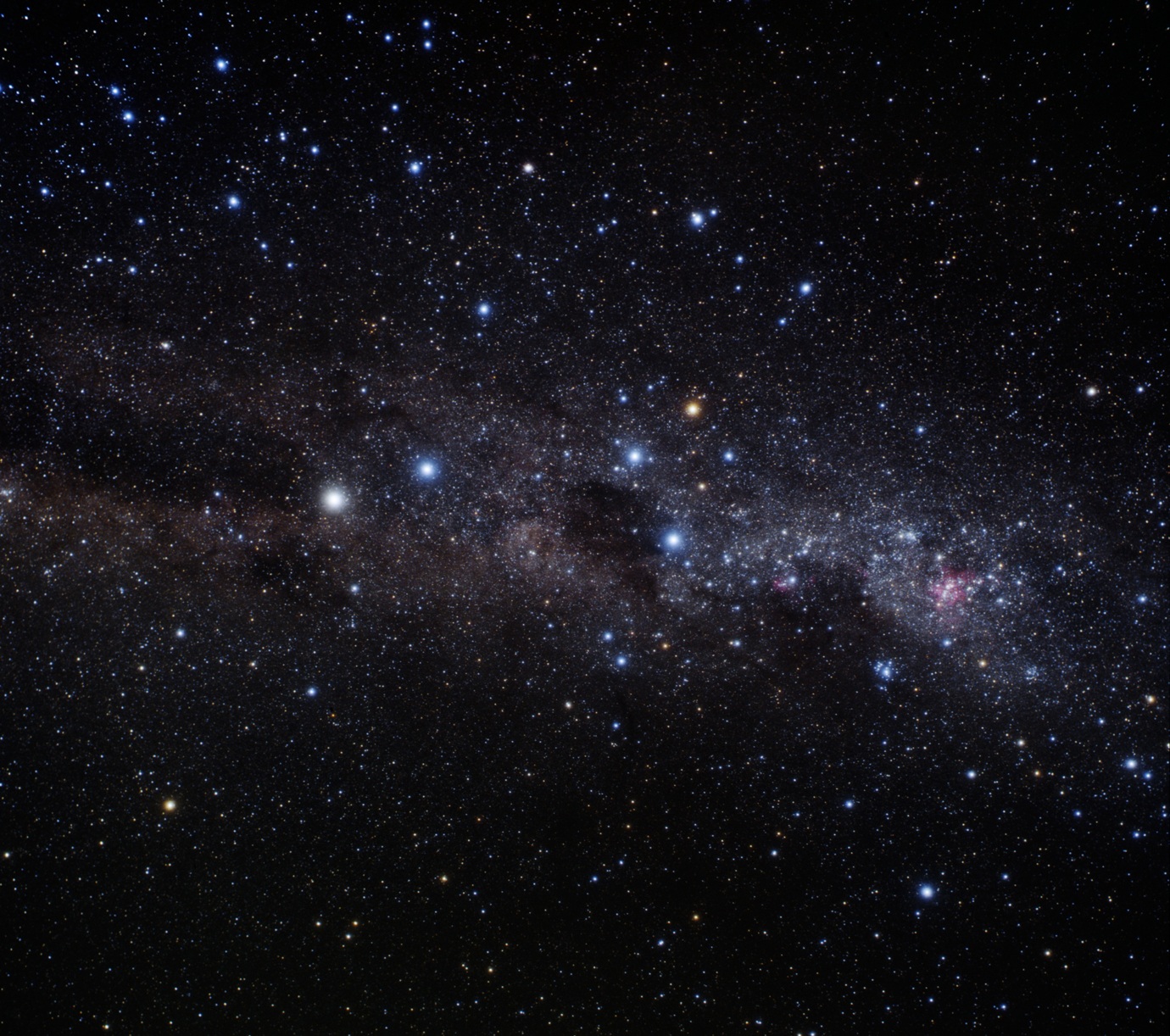
The nature of dark matter continues to perplex astronomers. As the search for dark matter particles continues to turn up nothing, it’s tempting to throw out the dark matter model altogether, but indirect evidence for the stuff continues to be strong. So what is it? One team has an idea, and they’ve published the results of their first search.
Continue reading “Maybe “Boson Clouds” Could Explain Dark Matter”One Idea to Explain Dark Matter – Ultralight Bosons – Fails the Test
Dark matter continues to resist our best efforts to pin it down. While dark matter remains a dominant theory of cosmology, and there is lots of evidence to support a universe filled with cold dark matter, every search for dark matter particles yields nothing. A new study continues that tradition, ruling out a range of dark matter candidates.
Continue reading “One Idea to Explain Dark Matter – Ultralight Bosons – Fails the Test”An Exotic Explanation for the Most Extreme Gravitational Wave Detected so far
In May of 2019, the gravitational wave observatories LIGO and Virgo detected the merger of two black holes. One had a mass of 85 Suns, while the other was 66 solar masses. The event was named GW190521 and was the largest merger yet observed. It produced a 142 solar mass black hole, making it the first gravitational wave observation of an intermediate mass black hole. But the event also raised several questions.
Continue reading “An Exotic Explanation for the Most Extreme Gravitational Wave Detected so far”Astronomy Cast Ep. 486: Particle Physics Update
It’s time for a news update. This time from the field of particle physics. It turns out there have been all kinds of new and interesting particles discovered by the Large Hadron Collider and others. Let’s get an update from Pamela.
We usually record Astronomy Cast every Friday at 3:00 pm EST / 12:00 pm PST / 20:00 PM UTC. You can watch us live on AstronomyCast.com, or the AstronomyCast YouTube page.
Visit the Astronomy Cast Page to subscribe to the audio podcast!
If you would like to support Astronomy Cast, please visit our page at Patreon here – https://www.patreon.com/astronomycast. We greatly appreciate your support!
If you would like to join the Weekly Space Hangout Crew, visit their site here and sign up. They’re a great team who can help you join our online discussions!
What is the Higgs Boson?
What is this thing we keep hearing about – the Higgs Boson, and why is it important?
Continue reading “What is the Higgs Boson?”

